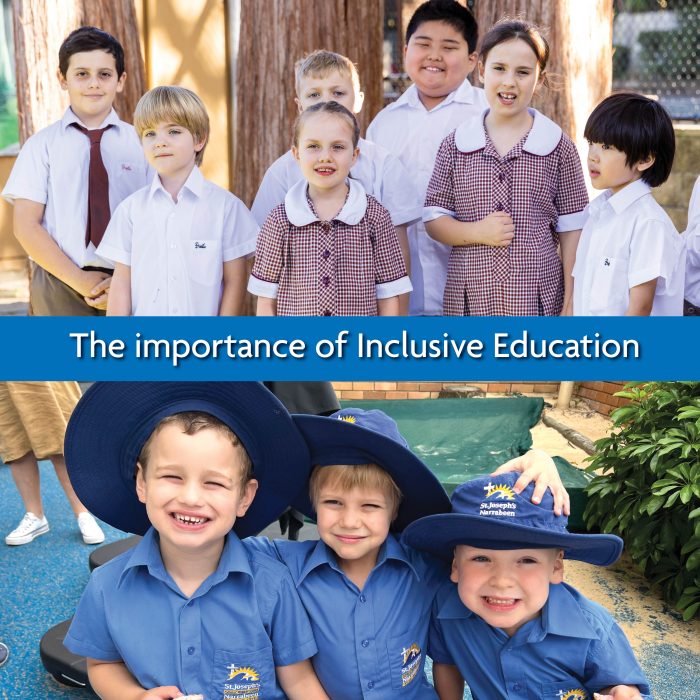In Australia, students with disabilities often face significant challenges when it comes to accessing education in mainstream schools. While there have been efforts to create inclusive environments including the recent NSW Government Inclusive Education Policy, which Implementation began in Term 3 2022, there is still a long way to go before true equity is achieved.
Family Advocacy and Disability Advocacy NSW, recently produced a paper ‘Falling behind: A need for inclusive education’ which found students with disabilities are often excluded from classroom activities. Students were being “babysat” instead of being included in the educational programs, hindering their academic and personal growth. One of the key struggles facing students with disabilities is the lack of accessibility within mainstream schools.
Australian parents of neurotypical or ‘mainstream’ children have a plethora of options for their child’s schooling. They can enrol in public school, Catholic school (where applicable), an independent school, a selective school, a non-denominational private school – some parents are in an area where they can send their child to a Rudolf Steiner school. These parents have choices for which setting is best suited to their child and for their family.
Parents of students with special education needs don’t have these choices, but they should have them. Different settings suit different learners and while it would be ideal for all mainstream schools to have excellent programs for inclusion, parents should have the option to choose a setting that best suits their child’s needs, some of which are complex.
“I would like to see our parents have the choice between a great local public or Catholic school, a special school, and a private school, for their child with disabilities. Choices for inclusion is something that we should all be working toward, and St Lucy’s certainly thinks outside the box in this regard”.
– David Raphael, St Lucy’s School Principal
Many educators may not have experience working with students with disabilities and may not know how to best support them. This can lead to students being overlooked or not given the accommodations they need to thrive in the classroom. This is exacerbated by families not getting the outcomes they deserve during a complaint process.
While there have been improvements made in recent years, many schools still lack the resources and infrastructure needed to accommodate students with different needs. This can include physical barriers like stairs or narrow doorways, as well as a lack of assistive technologies or specialised equipment, or even the resources required to support teachers in the classroom.
St Lucy’s offers a special setting for students on the main campus but has a range of satellite classes for students who benefit from a mainstream campus but need the very small class size (10 students per class) and the expertise of a specialist teacher and teacher assistant that St Lucy’s can offer.
The goal of a special school like St Lucy’s is to prepare students for a life with purpose connected to their community and embraced by it. Some students at St Lucy’s will enrol from K – 12 but others transition to mainstream settings as soon as they are ready to, and when the right supports are in place in the setting they are moving to.
“We are strong advocates of inclusive education for students with disabilities within mainstream schools. Our satellite programs are designed to get students ready for the transition. By ensuring that all students have access to the same educational opportunities and creating a supportive and welcoming environment, we can help all students thrive and achieve their full potential.”
– David Raphael, St Lucy’s School Principal
There are many benefits to inclusive education, both for students with disabilities and for the wider school community, however there is still a long way to go in terms of getting it right. If you would like to read more about the report visit and the challenges around inclusion education read Students with disability struggling to receive inclusion education.



